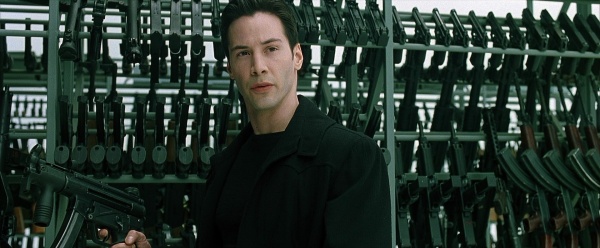Swatting, or the act of deceiving an emergency service into sending a police response team to another person's address in the hope that harm comes to them by police violence. This is relatively frequent in the US (1,000/year in 2019), and occurs in Canada (see below). I am not aware of any incidents in any other countries that involve armed police entering a residence and directly endangering the occupant.
While the US has quite high gun crime, it is "only" 21st in the world according to wikipedia 2020 firearm related death rate and Canada is down at 36 only just above Sweden.
How come swatting exists as a significant problem in the US but occurs nowhere else in the world?
Note on Canada and other countries after comments/answers
There have been comments that the distinction between Canada and the rest of the world is less stark than than that between the United States and the rest of the world. The most famous example of swatting that endangered the life of a specific individual in Canada is the swatting of Clara Sorrenti. In 2019 the Calgary police where warning about it being a phenomena that is frequent enough to create significant risks to public safety and end up costing taxpayers, with numbers like "612 officer service hours were expended in response to swatting calls that occurred in 2019" in Calgary alone. In 2015 a recent event was described as "put[ing] the dangerous prank back in the spotlight" and four examples are given for 2014.
This all sounds quite different from the examples given for Germany, where of all three examples given did not result in anyone being put at risk by armed police officers storming at house. I have had to use google translate, I include those links, the originals are in the answer below:
2015: “Meanwhile, two plain-clothed police officers and two other uniformed police officers with bulletproof vests made sure that my information was correct and that no one in my apartment was in danger,” said Rimpl. His wife was completely intimidated. “Luckily my five-year-old son didn’t notice anything.”
2017: “Swatting doesn’t work here like it does in the USA,” says Huber. In this country, massively armed SWAT teams do not storm a house straight away. “A patrol always stops by here first.” That's why swatting is not so popular in Germany. Until now.
2023: Because the emergency services had to assume a real danger, there was a large-scale operation. Residents had to come out of their house with their hands raised.
